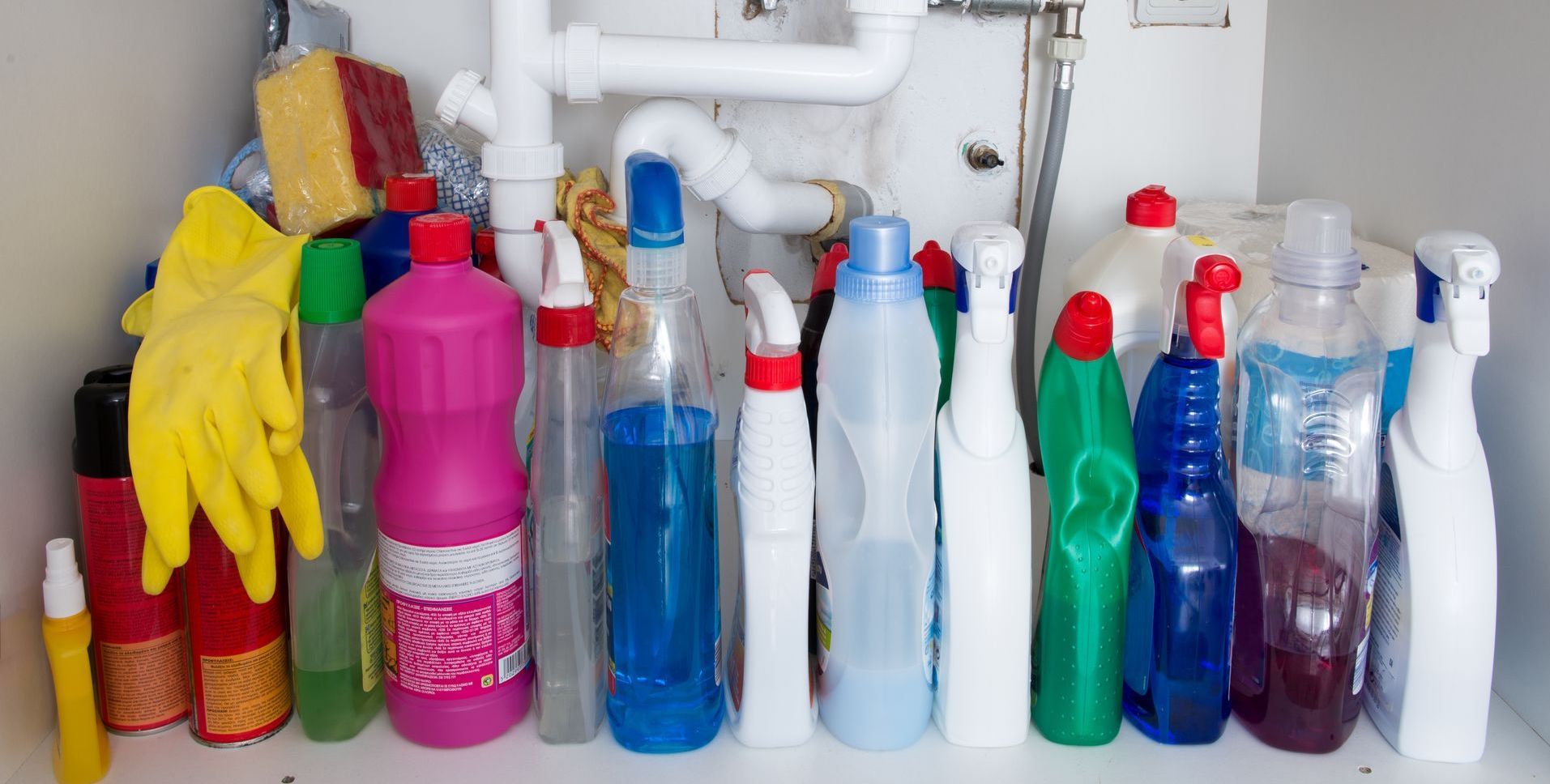The 5 Most Common Hazardous Residual Materials in Quebec, Beauclair Environnement
In the comfort of our Quebec homes, we often handle hazardous residual materials without even realizing it. These household products, essential to our daily lives, can present risks to our health and our environment. In this article, we explore the five most common hazardous materials in Quebec, ranked by their level of danger.

1. Pesticides in Quebec
Pesticides, used to control pests, are renowned for their high toxicity. They often contain chemicals that can be flammable or explosive when exposed to heat or sparks. For example, some petroleum-based pesticides are easily ignited. What's more, improper disposal can lead to environmental contamination, potentially affecting flora and fauna.
2. Automotive Chemicals
Vehicle fluids such as antifreeze, engine oil and brake fluid are commonly used, but are extremely toxic. These products are often flammable because they contain petroleum or alcohol components. For example, motor oil can ignite at high temperatures, and antifreeze often contains ethylene glycol, which is also flammable. Improper disposal can lead to water and soil contamination.
3. Pool Chlorine
Chlorine, commonly used to sanitize swimming pools in Quebec, is a highly reactive chemical. It can react violently with other chemicals, producing heat and potentially dangerous gases. For example, mixing chlorine with ammonia can produce chloramine, a toxic gas. Moreover, chlorine is a powerful oxidizer that can sustain combustion, making fires more difficult to control. Improper disposal can lead to groundwater pollution.
4. Paint
Paints containing volatile organic solvents (VOCs) are commonly used in Quebec homes. These VOCs are often flammable because they evaporate at room temperature, and these vapours can ignite in the presence of an ignition source. For example, an electrical spark can ignite solvent vapours, causing a fire. In addition, inhalation of these VOCs can cause respiratory and neurological problems. Improper disposal can lead to contamination of air, water, and soil.
5. Household Cleaning Products
Finally, although the least dangerous on this list, some household cleaning products in Quebec contain ingredients that may be flammable or reactive. For example, many alcohol- or petroleum-based cleaners can ignite in the presence of a heat source. In addition, some cleaning products can react violently with other chemicals. These products must be disposed of properly to avoid environmental contamination.
Conclusion
In Quebec, we all need to be aware of the potential dangers associated with these hazardous residual materials. It's crucial to handle these products with care and dispose of them responsibly. Fortunately, Quebecers can count on their local ecocentre or Beauclair Environnement, a leader in hazardous waste treatment. With Beauclair Environnement, you can help preserve our environment by bringing these hazardous materials to their facility or to one of the many ecocentres across the province.
Adresse
Zones de service
Estrie
Chaudière-Appalaches
Centre-du-Québec
Montréal
Laval
Montérégie
*Reste du Québec pour grandes entreprises
Heures
- Lun - Ven
- -
- Sam - Dim
- Fermé




